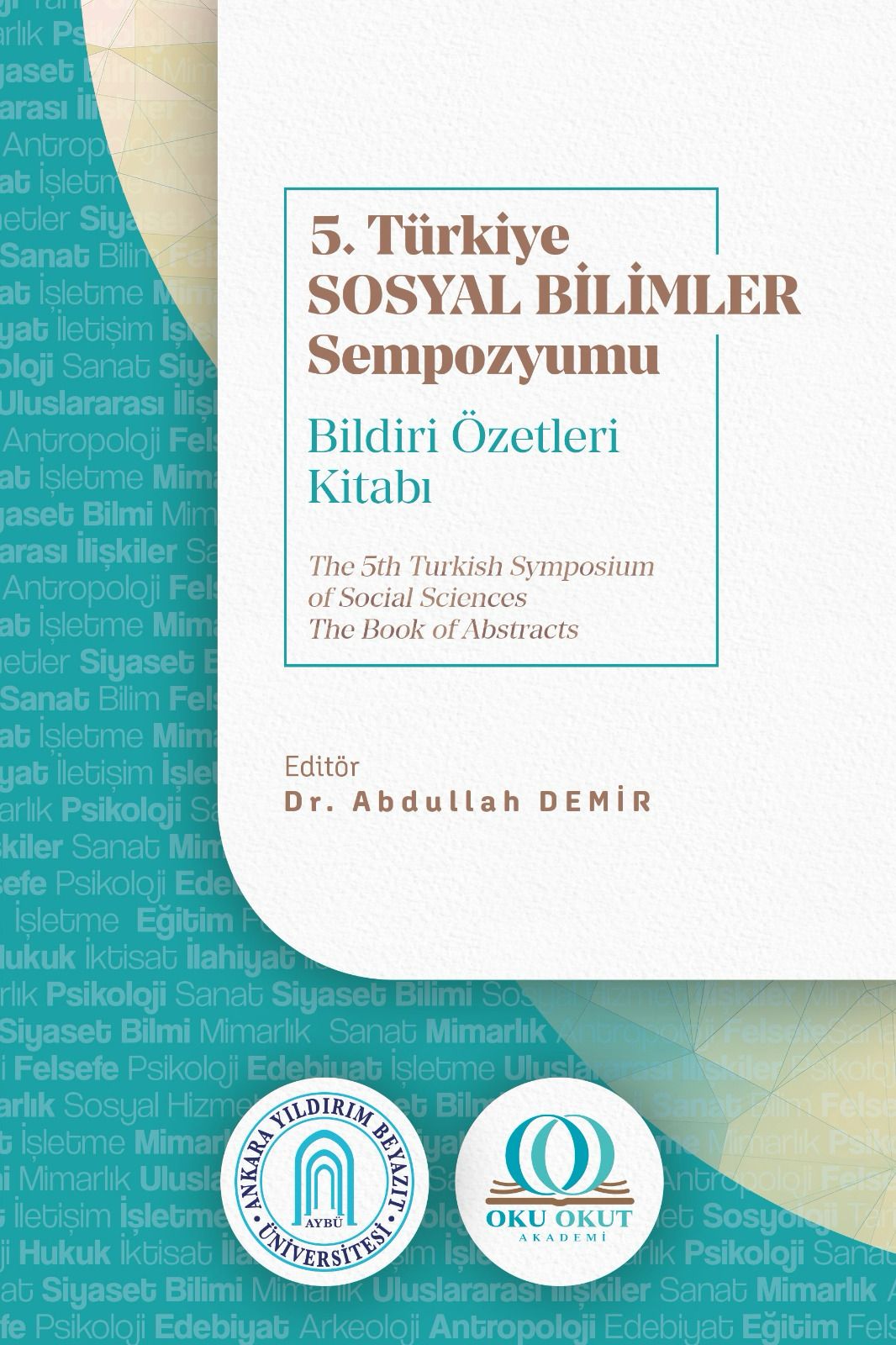Elements of Commentary in Yûnus Emre’s Divan (The Example of the Last Judgement)
Yûnus Emre Divanı’nda Tefsirî Unsurlar: Haşir-Mahşer Örneği

Telif Hakkı (c) 2025 Halil İbrahim Dalar- Lokman Bedir (Yazar)
Bu çalışma Creative Commons Attribution-NonCommercial 4.0 International License ile lisanslanmıştır.
CC BY-NC 4.0 lisansı, eserin ticari kullanım dışında, her türlü ortam ve formatta paylaşılmasına, kopyalanmasına, çoğaltılmasına ve orijinal esere uygun şekilde atıfta bulunmak kaydıyla yeniden düzenlenmesine, dönüştürülmesine ve eser üzerine inşa edilmesine izin verir.
Makale Bilgileri
- Konu Tefsir - Kıraat
- Gönderim 3 Temmuz 2025
- Kabul 7 Ağustos 2025
- Yayım 29 Kasım 2025
- Sayı 5. Türkiye Sosyal Bilimler Sempozyumu
- Bildiri Bilim Alanı Tefsir - Kıraat






